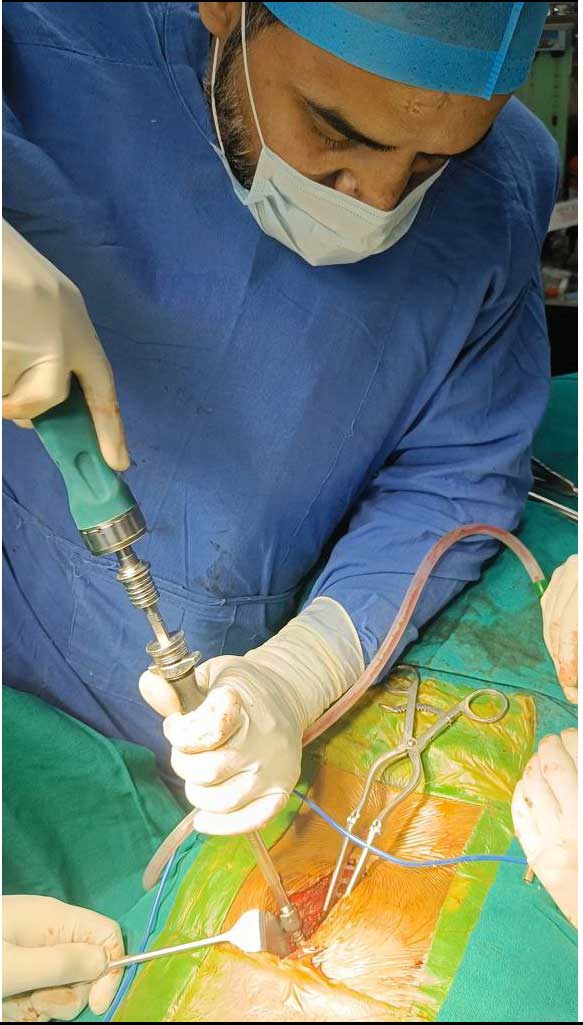
Revision spine surgery, also known as redo spine surgery, is a surgical procedure performed to correct or address issues that have arisen following a previous spinal surgery. It is typically considered when the initial spine surgery has not achieved the desired results, or complications and problems have developed over time.
Revision spine surgery is a complex and specialized procedure that requires a skilled and experienced spine surgeon. The surgery aims to address specific concerns, such as persistent pain, neurological deficits, instability, deformity, infection, hardware failure, or adjacent segment disease (problems occurring in the spinal segments adjacent to the previously operated area).
The exact approach and techniques used in revision spine surgery depend on the individual case and the nature of the problem. The surgeon may need to remove or replace previous implants, such as screws, rods, or artificial discs, and make adjustments to correct alignment or stability issues. In some cases, bone grafts may be necessary to enhance fusion or stabilize the spine.
Revision spine surgery carries additional challenges compared to primary spine surgery. Scar tissue from the previous surgery may complicate the procedure, making it harder to identify anatomical structures and navigate the surgical site. The risk of complications, such as infection, nerve damage, or blood loss, may also be increased.
Before recommending revision spine surgery, the surgeon will conduct a thorough evaluation, which may involve imaging tests, such as X-rays, CT scans, or MRI scans, to assess the condition of the spine and identify the underlying problem. They will also consider the patient's medical history, symptoms, and overall health.
Recovery from revision spine surgery varies depending on the complexity of the procedure and the individual patient. Rehabilitation and physical therapy are typically recommended to help regain strength, mobility, and function. The surgeon will provide post-operative instructions and closely monitor the patient's progress to ensure proper healing and minimize the risk of complications.
It's important to note that revision spine surgery is not always necessary or recommended. In some cases, non-surgical treatments, such as medication, physical therapy, or injections, may be considered as alternatives. The decision to undergo revision spine surgery should be made after careful consideration and consultation with a qualified spine surgeon.